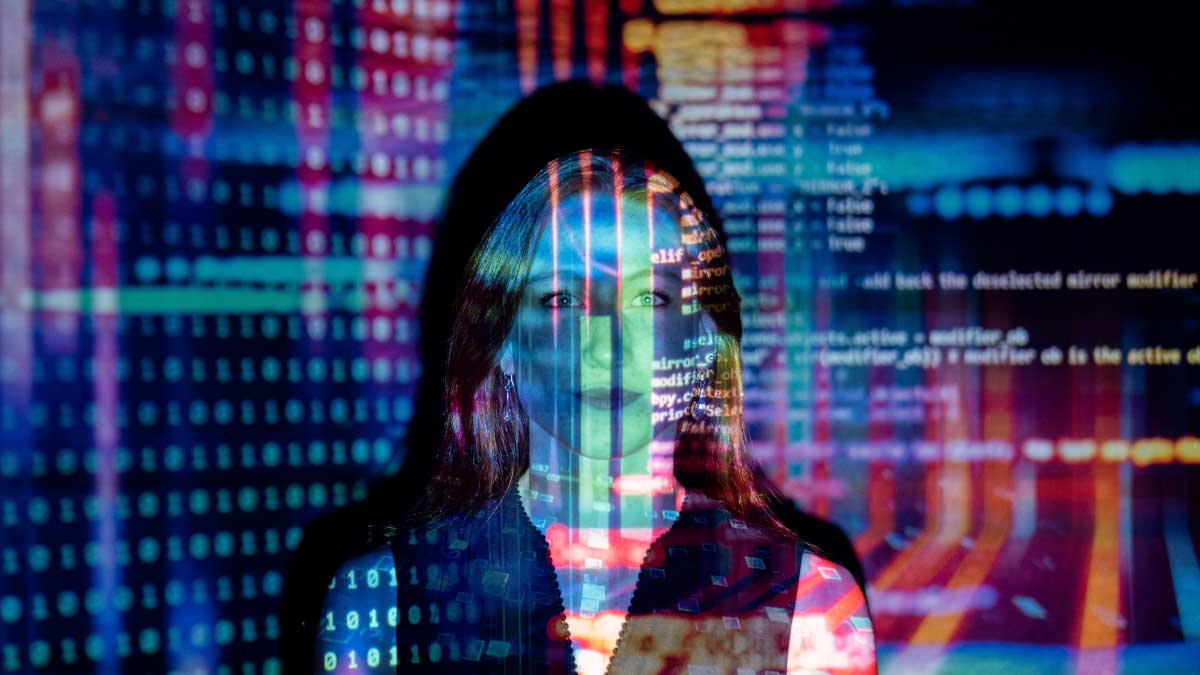
Cultural Fit: Can AI Grasp What Humans Intuitively Know?
The idea of cultural fit has become an important part of hiring people in today’s fast-changing workplace. It’s not enough to just find people with the right skills and experience; you also need to find people who will fit in with the culture of the business. However, as we rely more on technology progress, the debate over whether to use AI or human intuition to judge cultural fit has grown.
Can AI understand what humans know deep down about the subtleties of culture alignment?
Cultural Fit
When someone is culturally fit, it means that they are likely to share and be able to adapt to the organization’s core beliefs, attitudes, and behaviors. It’s very important because a good cultural fit can make people happier at work, make them more productive, and keep them there longer. The hard part is figuring out how to measure it correctly because the cultural fit is subjective and depends on different cultures and changing corporate ideals.
AI Rises in Recruitment
Artificial intelligence (AI) has definitely changed the hiring process, making tasks that used to be done by hand and take a lot of time more efficient and scalable. AI is used to sort through resumes test skills and even guess what signs might show a good culture fit. AI programs try to figure out how well a candidate fits in with a company’s culture by looking at data from resumes, social media accounts, and other digital traces.
Assessing Cultural Fit with AI
To figure out if someone fits in with an organization’s culture, AI mostly looks through huge amounts of data for trends and traits that match those values. A few times, AI has been able to find job candidates whose digital fingerprints match the company’s culture. But even with this progress, there are still problems to solve.
AI’s Limitations in Understanding Human Nuance
Even though AI has come a long way, it still has trouble understanding how people connect and interact with each other. Language, fun, and the way people interact with each other are often hard for algorithms to understand. Concerns about ethics include bias in AI systems, invasions of privacy, and the risks of depending too much on technology to make choices that need to be based on human knowledge and empathy.
Intuition and Fitting in with Culture
This is where perception really shines. AI hasn’t mastered the skill of reading body language and figuring out what people really mean, but humans are very good at it. The personal touch in hiring lets you learn more about a person’s attitude, ideals, and ability to fit in with other cultures than what you can see on paper or online.
Combining Human Judgement with AI
The important thing is to find a balance. By combining AI’s efficiency with human intelligence, recruiters can use technology to narrow down the candidates while still depending on human judgment to make the final decision about cultural fit. Some companies have already started to use this mixed method, with AI being used for initial screenings and humans being used for more in-depth culture fit tests.
Future Perspectives
The future of hiring lies in how AI and humans can work together to make things better. As AI technology keeps getting better, it will be able to understand more complex human traits. Experts say that as AI gets better, it will be possible to do a more nuanced study of culture fit, though humans will still need to keep an eye on things.
In conclusion, cultural fit in hiring is a complex issue, and both the AI and human senses are important parts of the solution. Even though AI promises to be quick and flexible, it is people who add depth, knowledge, and empathy to the process of evaluating culture alignment. Using both AI and human judgment together is not only good for businesses that want to create diverse and unified workplaces, it’s necessary.
